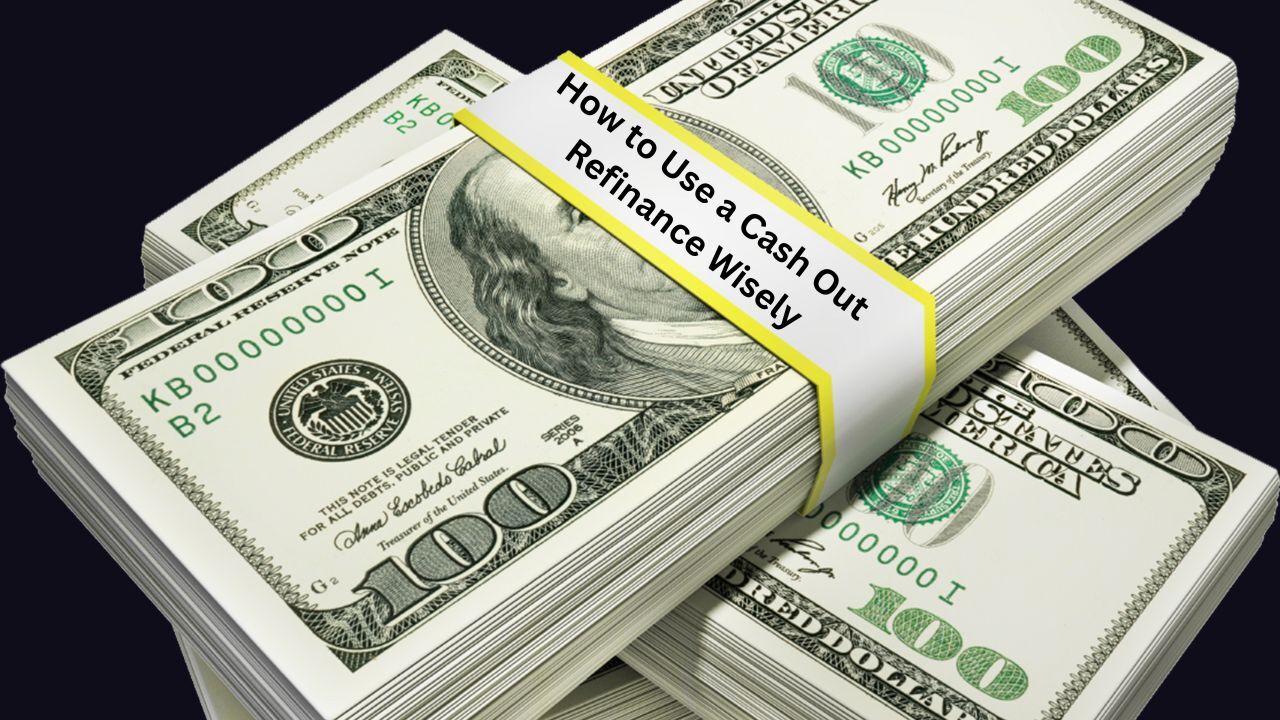What’s Ahead For Mortgage Rates This Week – September 29th, 2025

The PCE (Personal Consumption Expenditures) Index, the Federal Reserve’s preferred inflation measure, has been on the rise but remains within expectations.
Although there was heavy speculation that this year’s inflation would spike due to impactful tariff policies, it has largely stayed within forecasts—enough for the Federal Reserve to introduce a 25 basis point rate cut.
The PCE Index data has shown this trend to continue. This is followed up closely by the Consumer Sentiment report which has been unstable due to significant inflation concerns, but has finally tempered itself after three straight months of consumer sentiment falling to yearly lows.
Finally, Consumer Spending reports show that spending remains strong, signaling that the U.S. economy is healthy and recovering from earlier tariff-related policies. Even so, there is ongoing speculation that the Federal Reserve has penciled in two additional rate cuts before the end of the year.
PCE Index
The PCE index rose 0.3% in August, the Bureau of Economic Analysis said Friday. The Fed gives more weight to the so-called core price index that omits food and gas. It rose a somewhat slower 0.2% and matched the Wall Street forecast.
Consumer Personal Spending
High tariffs, lingering inflation, and more trouble finding a job apparently haven’t thrown consumers into a funk. Americans increased spending again in August to help keep the U.S. economy chugging. Personal spending rose 0.6% last month for the third month in a row, the government said Friday.
Primary Mortgage Market Survey Index
• 15-Yr FRM rates saw an increase of 0.08% for this week, with the current rate at 5.49%
• 30-Yr FRM rates saw an increase of 0.04% for this week, with the current rate at 6.30%
MND Rate Index
• 30-Yr FHA rates saw an increase of 0.06% for this week. Current rates at 6.09%
• 30-Yr VA rates saw an increase of 0.05% for this week. Current rates at 6.10%
Jobless Claims
Initial Claims were reported to be 219,000 compared to the expected claims of 235,000. The prior week landed at 232,000.
What’s Ahead
A lighter week overall, with the largest releases being the Consumer Credit, Consumer Sentiment, and U.S. Trade Deficit reports. There is also a scheduled FOMC Minutes, which will give a more definitive route on a potential plan for additional rate cuts this year.
 Owning multiple properties can be a smart investment strategy, but managing separate loans for each property can be complex and expensive. A blanket mortgage offers a solution by allowing homeowners or investors to finance two or more properties under a single loan. This type of mortgage can simplify payments, streamline management, and often provide better rates than holding multiple individual mortgages. Understanding how a blanket mortgage works and when it makes sense can help you maximize your real estate investments efficiently.
Owning multiple properties can be a smart investment strategy, but managing separate loans for each property can be complex and expensive. A blanket mortgage offers a solution by allowing homeowners or investors to finance two or more properties under a single loan. This type of mortgage can simplify payments, streamline management, and often provide better rates than holding multiple individual mortgages. Understanding how a blanket mortgage works and when it makes sense can help you maximize your real estate investments efficiently. A cash-out refinance can be a powerful tool for homeowners who want to leverage the equity in their home, but it is important to approach it strategically. This type of refinance replaces your existing mortgage with a new, larger loan, giving you the difference in cash. Whether you are planning home improvements, consolidating high-interest debt, or investing, using a cash-out refinance wisely can help you reach your financial goals without creating unnecessary risk.
A cash-out refinance can be a powerful tool for homeowners who want to leverage the equity in their home, but it is important to approach it strategically. This type of refinance replaces your existing mortgage with a new, larger loan, giving you the difference in cash. Whether you are planning home improvements, consolidating high-interest debt, or investing, using a cash-out refinance wisely can help you reach your financial goals without creating unnecessary risk.